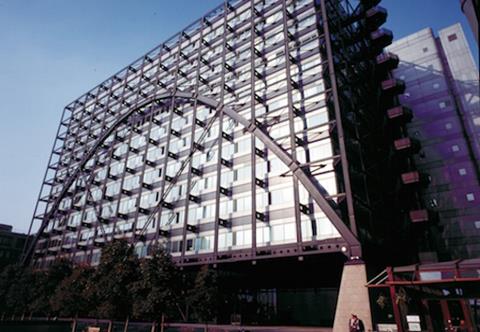
In May 2015, Herbert Smith Freehills launched a mental health mentor programme to support the 2,000 employees at its London office and the 250 members of staff based at its Belfast location. The law firm runs mentoring schemes in other areas of the business, and wanted to draw on this system to normalise conversations around mental health. David Shields, head of diversity and inclusion at Herbert Smith Freehills, explains: “Mentoring is quite relational and we thought bringing that relational aspect into it was a positive for mental health.”
The programme comprises a network of more than 60 volunteers who occupy a range of roles within the firm, from partners and associates to business service professionals. They are also physically located across different parts of the business, so employees seeking to talk confidentially to someone familiar with the pressures and work environment of a particular area are able to do so if they wish.
All of the mentors have taken part in a training course developed in partnership with consultant psychoanalyst Mary Bradbury. This includes training to identify situations where those seeking support would be best served by an alternative channel. “Part of the role of the mentors is to refer people on to the support services that we have in place; for example, they know which GPs have a specialism in mental health and they know how people would access the employee assistance programme,” says Shields.
Herbert Smith Freehills communicated the launch of the programme via an announcement on its intranet site, as well as health and wellbeing booklet desk drops. Staff can find further information about the programme through a dedicated intranet page, which includes profiles, photos and contact information for each of the mentors.
The law firm also runs events featuring high-profile speakers, which are designed to raise awareness and tackle stigma by encouraging discussions around mental ill health.
“[The mentor programme] is part of our wider commitment to diversity and inclusion,” adds Shields. “It’s an important part of creating an inclusive environment where people can be open.”











